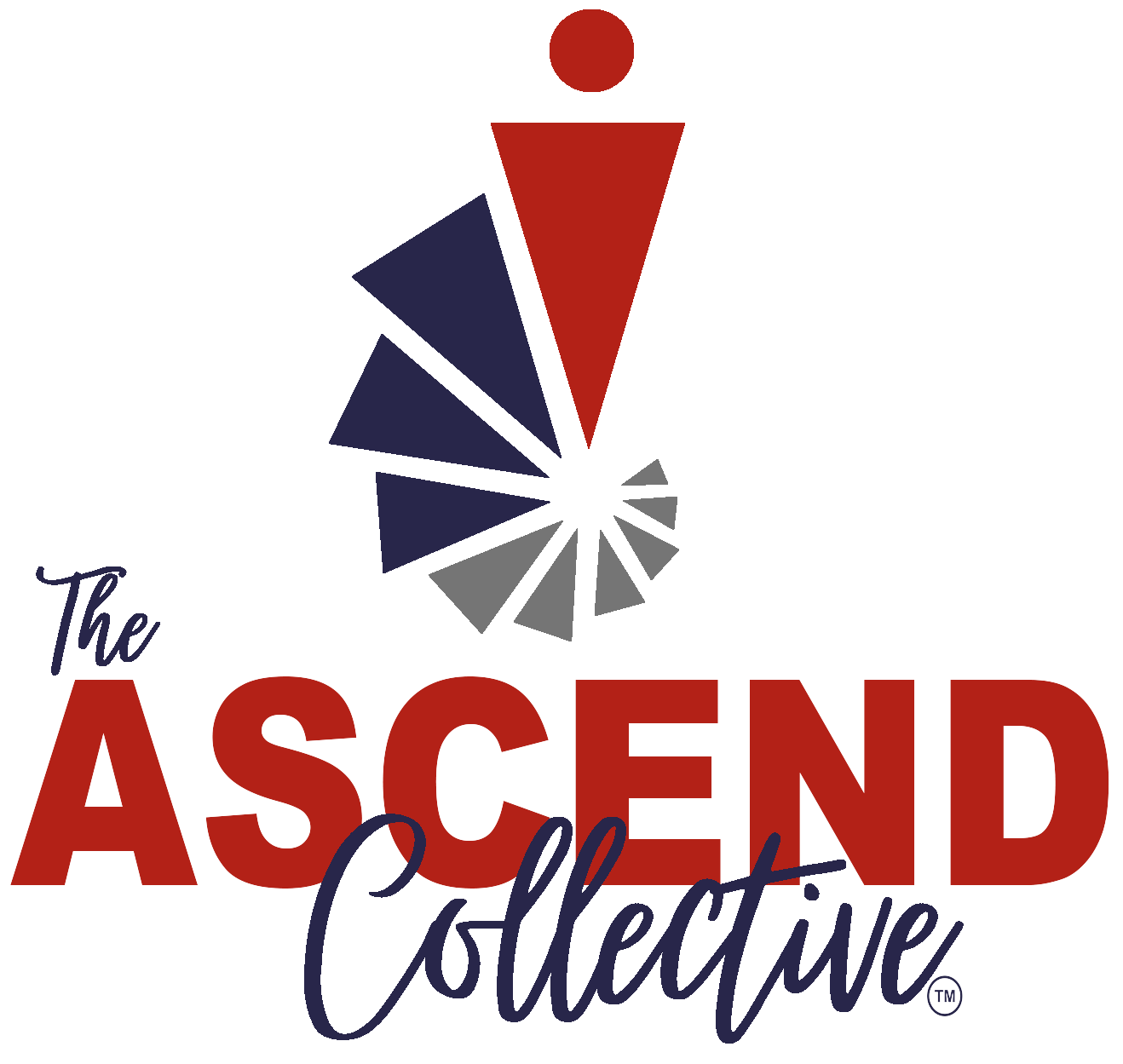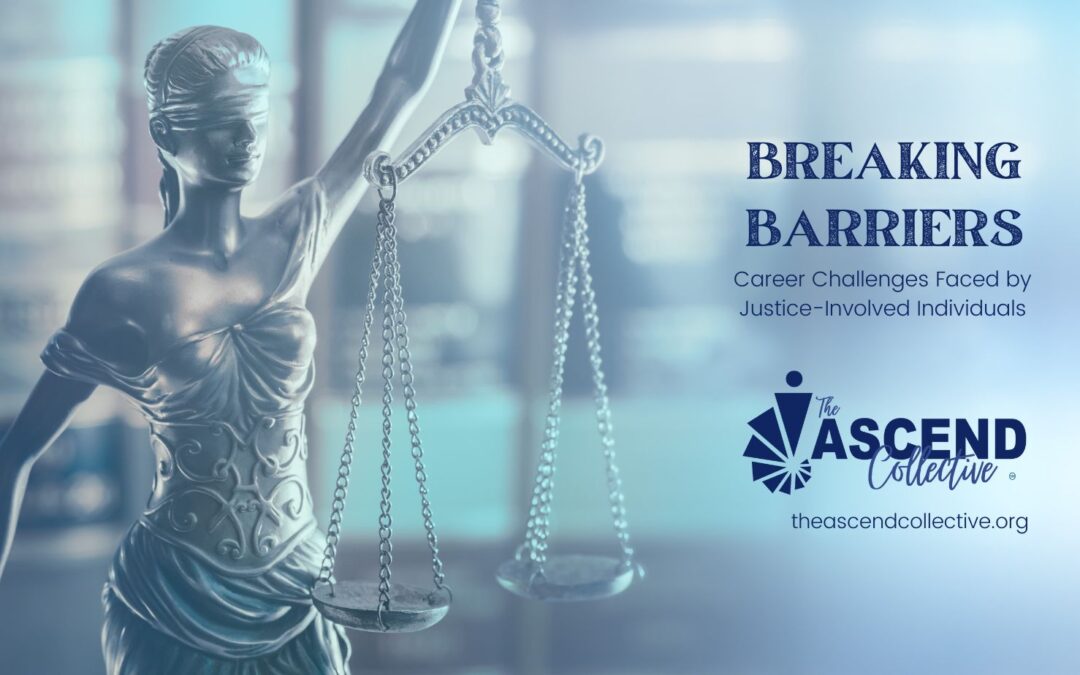Breaking Barriers: Career Challenges Faced by Justice-Involved Individuals
In our society, justice-involved individuals, including those who have been previously incarcerated or have a criminal record, often face significant obstacles when it comes to finding stable employment. The impact of their past involvement with the justice system can cast a long shadow, resulting in discrimination, limited opportunities, and ongoing stigmatization. The ASCEND Collective would like to shed light on the challenges faced by justice-involved individuals as they strive to secure meaningful careers and reintegrate into society. Moreover, it explores potential solutions and offers guidance to empower these individuals to overcome these hurdles and lead successful, fulfilling lives.
The stigma of a criminal record:
A criminal record can become a lifelong barrier for justice-involved individuals seeking employment. The social stigma they face and the biases that potential employers may hold, hindering their chances of finding suitable jobs. We need to address this bias and foster a more inclusive work environment, even explore ways to challenge misconceptions and promote fair hiring practices.
Limited access to job opportunities:
Justice-involved individuals often encounter limited access to job opportunities due to various factors. These factors may include lack of education or vocational training, gaps in employment history, and a lack of professional networks. Our community should be providing resources and strategies to enhance employability, such as education and skills development programs, job training initiatives, and community support networks.
Employer engagement and second chance initiatives:
Employer engagement plays a crucial role in fostering a supportive environment for justice-involved individuals. Employers should explore the benefits of implementing a second chance initiative and identify the role that they can play in providing opportunities for reintegration. It can start by implementing fair hiring practices, promoting diversity and inclusion, and creating pathways for career advancement for justice-involved individuals.
Legal barriers and occupational licensing:
Certain occupations and professional licenses impose restrictions on justice-involved individuals, limiting their career options. Justice involved individuals have challenges earning occupational licensing due to unnecessary policies creating barriers for this population. We need to start reforming these policies to provide equal opportunities for justice-involved individuals to pursue a wide range of careers.
Rehabilitation and reentry programs:
Rehabilitation and reentry programs can have a positive impact in facilitating successful transitions for justice-involved individuals. Justice involved individuals need a comprehensive support systems, including counseling, mentorship, and access to transitional employment, to help individuals rebuild their lives and establish a solid foundation for long-term career success.
By addressing the challenges justice-involved individuals face when seeking employment, we can work towards a more just and inclusive society. By promoting fair hiring practices, reforming restrictive policies, providing support through rehabilitation and reentry programs, and engaging employers in second chance initiatives, we can empower these individuals to overcome career obstacles and lead fulfilling lives. The ASCEND Collective is bringing resources together to build a society that offers equal opportunities for all, regardless of past mistakes.

